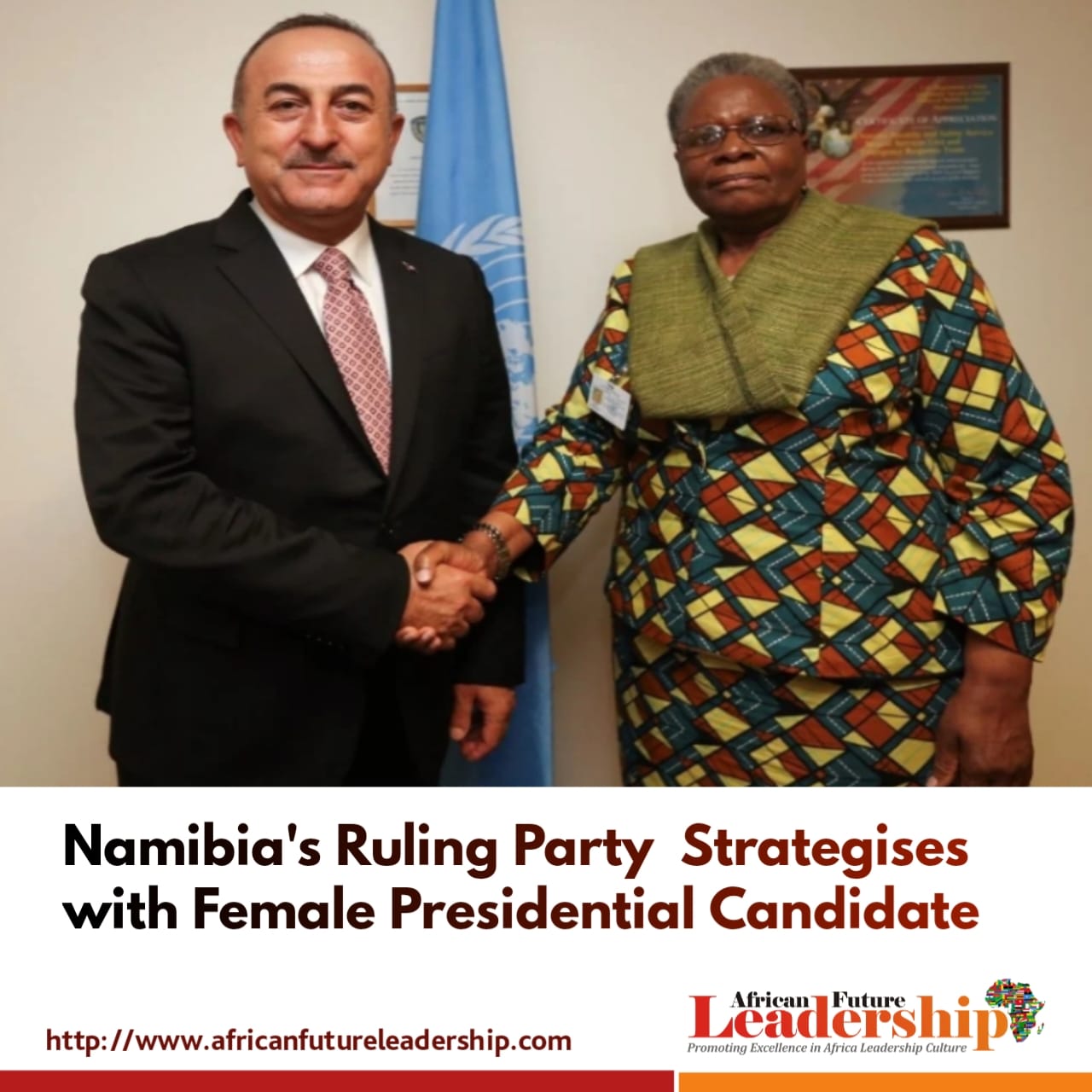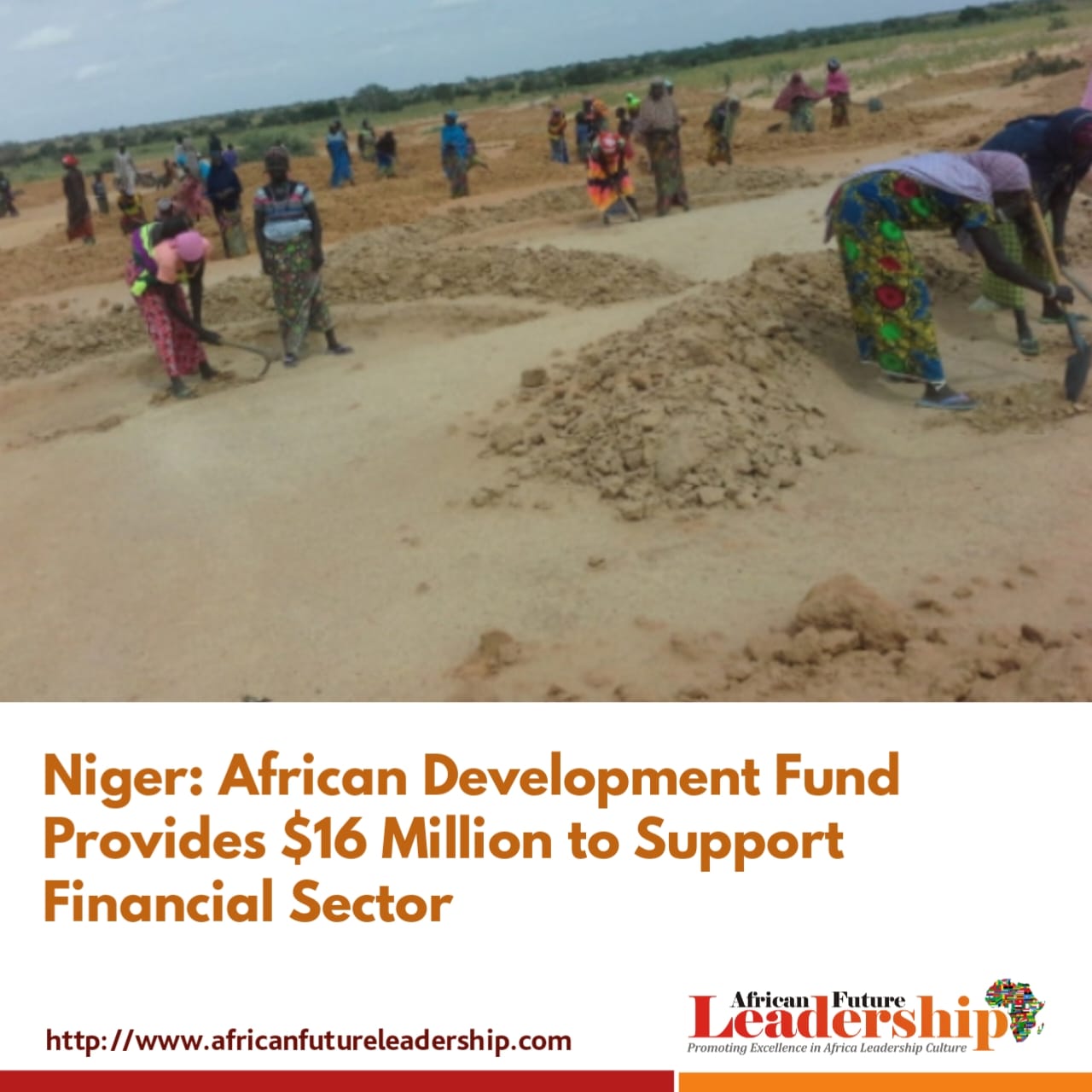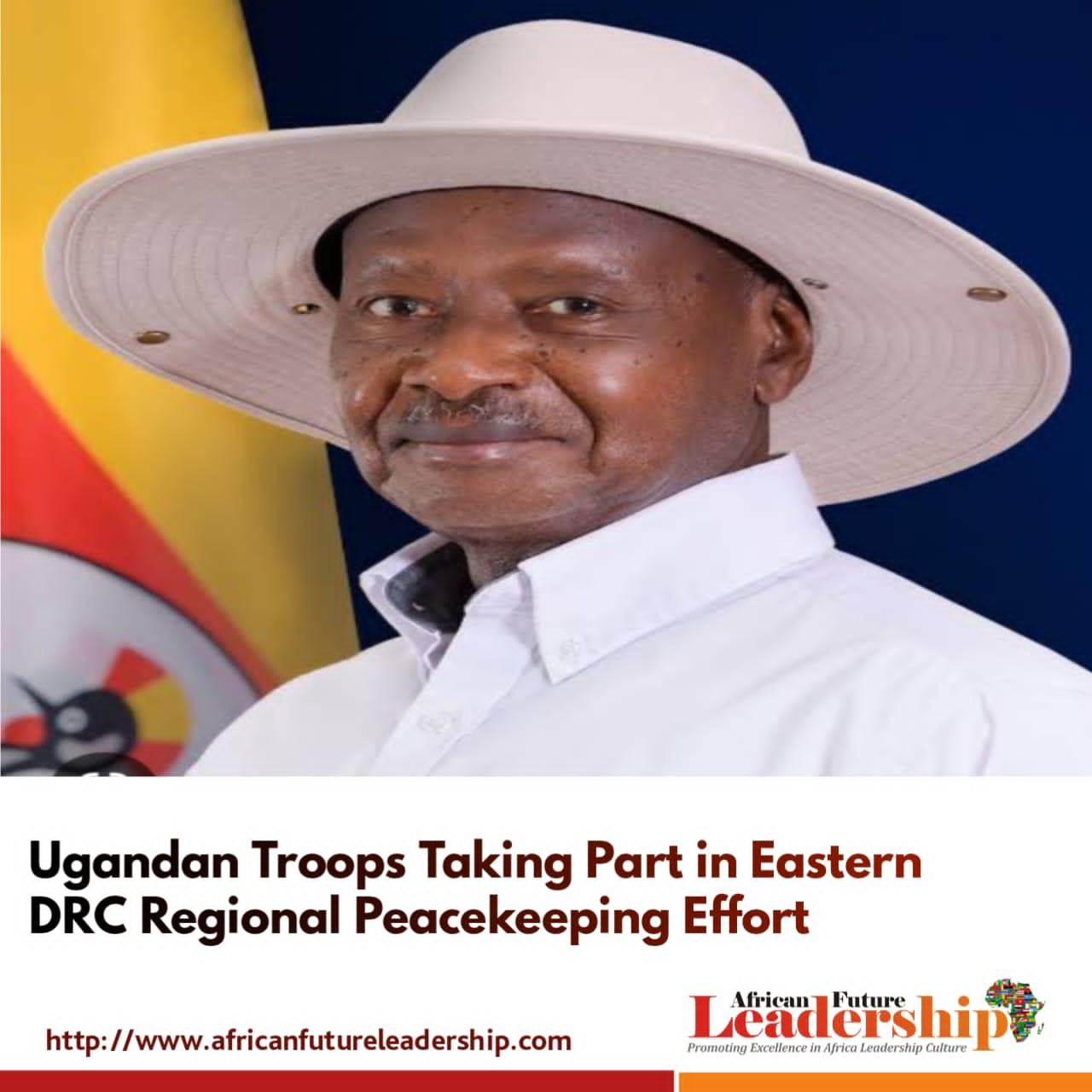By our Correspondent
News report reaching us have it that Netumbo Nandi-Ndaitwah will be the first female presidential candidate in the history of South West Africa People’s Organisation (Swapo).
Swapo’s popularity has since dwindled and a scandal-free woman taking the reins is a good step, analysts say.
Namibia has voluntary party quotas and legislated quotas for women in politics.
In power since independence in 1990, Namibia’s Swapo will, for the first time, put forward a woman as its presidential candidate in 2024.
By this time, President Hage Gottfried Geingob would have been done with his two terms.
And in his place, one of the country’s leading female politicians since pre-independence, Netumbo Nandi-Ndaitwah will seek to extend the party’s rulership.
Accordingly, the former independence movement at the weekend elected Nandi-Ndaitwah, who is the country’s deputy prime minister and minister of international relations, to become the party’s vice-president at the recently ended 7th congress.
READ MOREA: Big Eyes Coin $250 Giveaway Holding
Nandi-Ndaitwah emerged victorious with 421 votes against Pohamba Shifeta, with 90 votes, and her closest rival, another female stalwart, Saara Kougogwela Amadhila, who received 270 votes.
Presently, Shifeta is the minister of environment and tourism and Amadhila is the prime minister.
Speaking to reporters, Namibian political analyst Ndumba Kwamwanya said Nandi-Ndaitwah was an obvious choice from the start because she had an impeccable reputation within the party for years.
He stated that, “First and foremost, it was expected that she would prevail as a winner. For reasons being that she is a veteran of the liberation struggle and has served for Swapo for too long,” he said.
Kwamwanya further said: She is also more relatable compared to the two other candidates. This will possibly make her the first female president, which will be a landmark.
Nandi-Ndaitwah’s rise can be traced back to 2017 when she was voted as the first female vice-president of Swapo.
Since then, she has served also in various positions in Swapo, including the women’s council.
Not an easy road
Significantly, in 2020, Swapo lost significant support in some key constituencies in the regional council and local authority elections.
Again, the party lost ground in Windhoek, Walvis Bay and Swakopmund to the Independent Patriots for Change.
READ MORE: Benin Troops Kill Four Gunmen Near Border
Notably, Swapo also lost ground to the Landless People’s Movement in the southern parts of the country.
And the year before, Swapo lost its two-thirds majority in the National Assembly.
Also, the presidential vote for Geingob’s second term was 56.25%, down from his 2014 tally of 86.73%.
In the meantime, political analyst and the executive director of public policy research, Graham Hopwood, said, Nandi-Ndaitwah has what it takes to turn around the fortunes of the revolutionary party.
He pointed out: She has a strong appeal at the grassroots and this will easily give Swapo more recovery. She had a strong appeal to all Namibians and she is in a great position to stabilise Swapo’s berth.
Namibia, the second youngest democracy in southern Africa, after South Africa, has had its share of corruption scandals.
Worrisomely, the most prominent was the Fishrot scandal, in which 10 former politicians, businessmen and lawyers stood accused of bribery and corruption for siphoning off millions of dollars from Namibia’s fishing industry.
This scandal surfaced just before the 27 November 2019 general elections and it was the single biggest dent in Geingob’s popularity.
Hence to date, the prosecution linked to the scandal is moving slowly and it’s one of the things Swapo has to address.
But Hopwood said: Nandi-Ndaitwah was not linked to any corruption.
He added: She has the possibility of reforming the integrity of the party.
When it comes to women’s participation in politics, Namibia has a legislature divided into two separate assemblies, with the use of voluntary party quotas and legislated quotas at the sub-national level.
Presently, forty-six of the 104 (44%) seats in the National Assembly are held by women.
As well, the Senate has 42 seats and women only occupy six.




